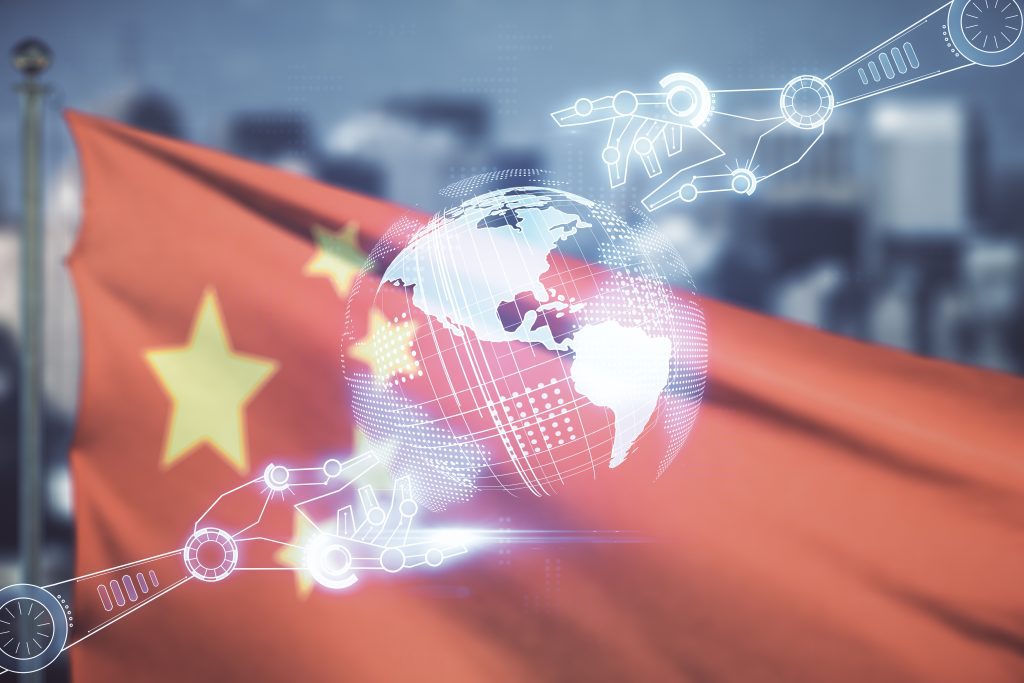
































Chinese Commerce Minister Wang Wentao called for Japan to correct its 'wrongdoing' in imposing chip export controls. China accuses Japan of violating international trade rules and disrupting the global supply chain.
China argues that Japan's export controls are unjustified and discriminatory, claiming that they undermine fair competition and disrupt the normal order of the semiconductor market. China further asserts that Japan's actions harm the interests of Chinese companies and go against the principles of free trade.
In January, Japan and the Netherlands agreed to mirror US export limits that will ban the sale of some chip manufacturing equipment to China. As a result, 23 different types of semiconductor manufacturing equipment cannot be exported to China.
Japan has merely stated that it is carrying out its responsibility to contribute to international peace and stability when it talks about the export limitations; it does not specifically mention China by name.
This dispute reflects the escalating tensions and competition in the global chip industry, with countries vying for technological dominance and protecting their national security interests. The semiconductor sector plays a critical role in various industries, including telecommunications, consumer electronics, and automotive, and its strategic importance has made it a focal point of geopolitical rivalries.
 Hot Tags :
Semiconductors
Hot Tags :
Semiconductors